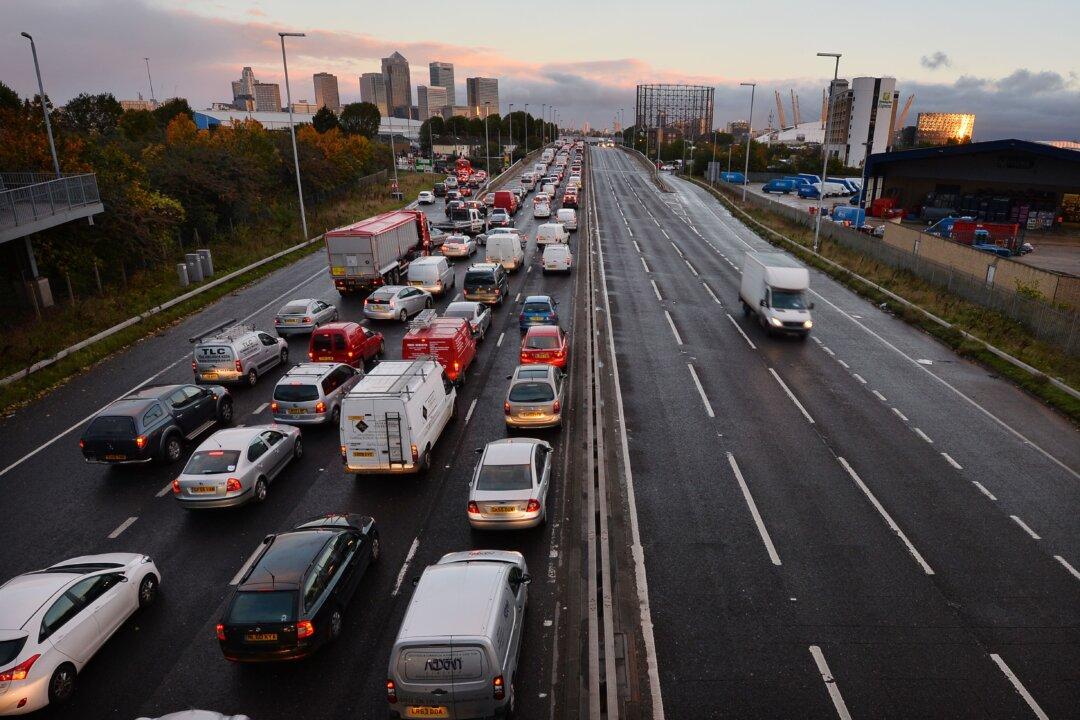Drivers who don’t wash their vehicles properly could be hit with a fine to the tune of hundreds of dollars in Australia.
Police in New South Wales warned motorists in March that they could face a nearly $450 charge and three penalty points if their license plates aren’t displayed in a clean and clear manner.





